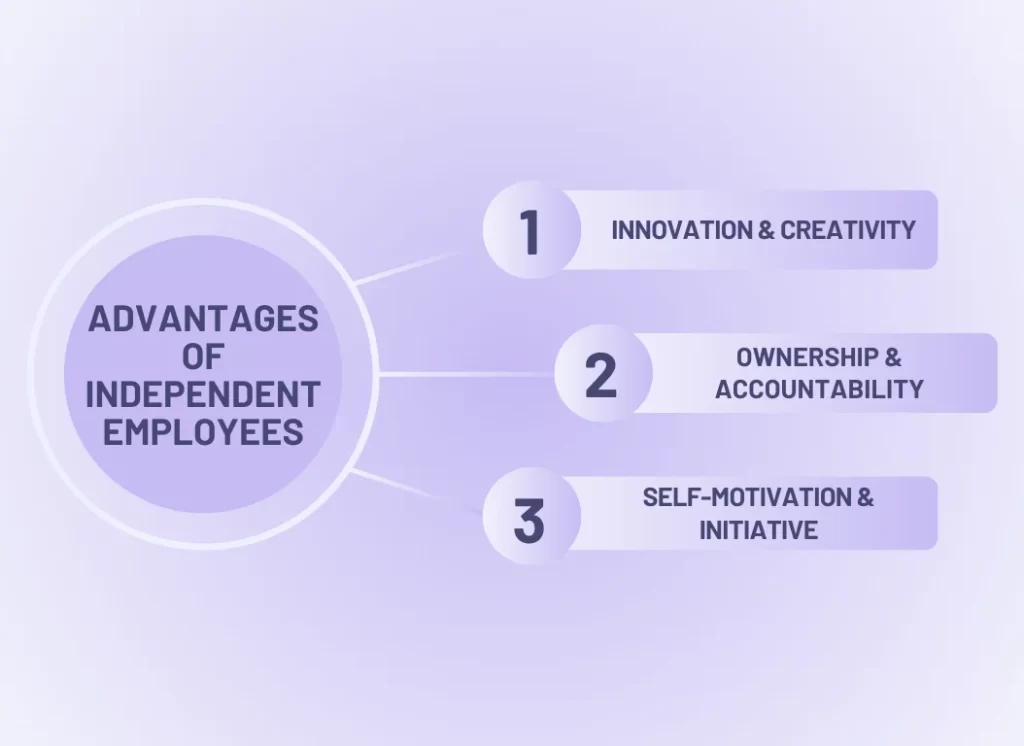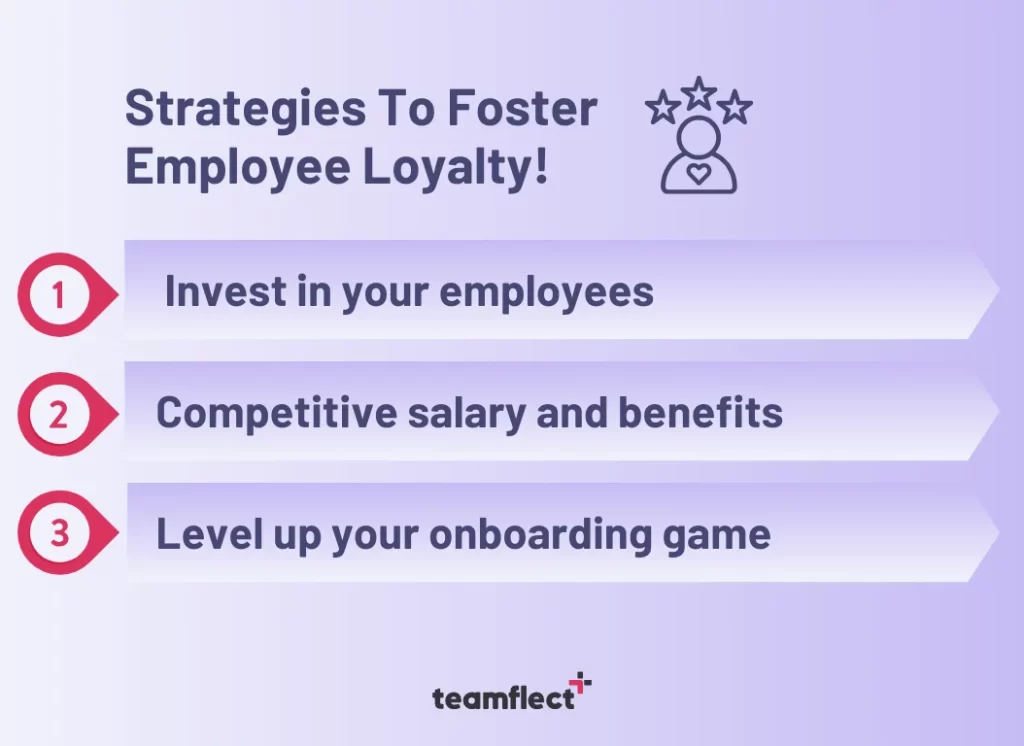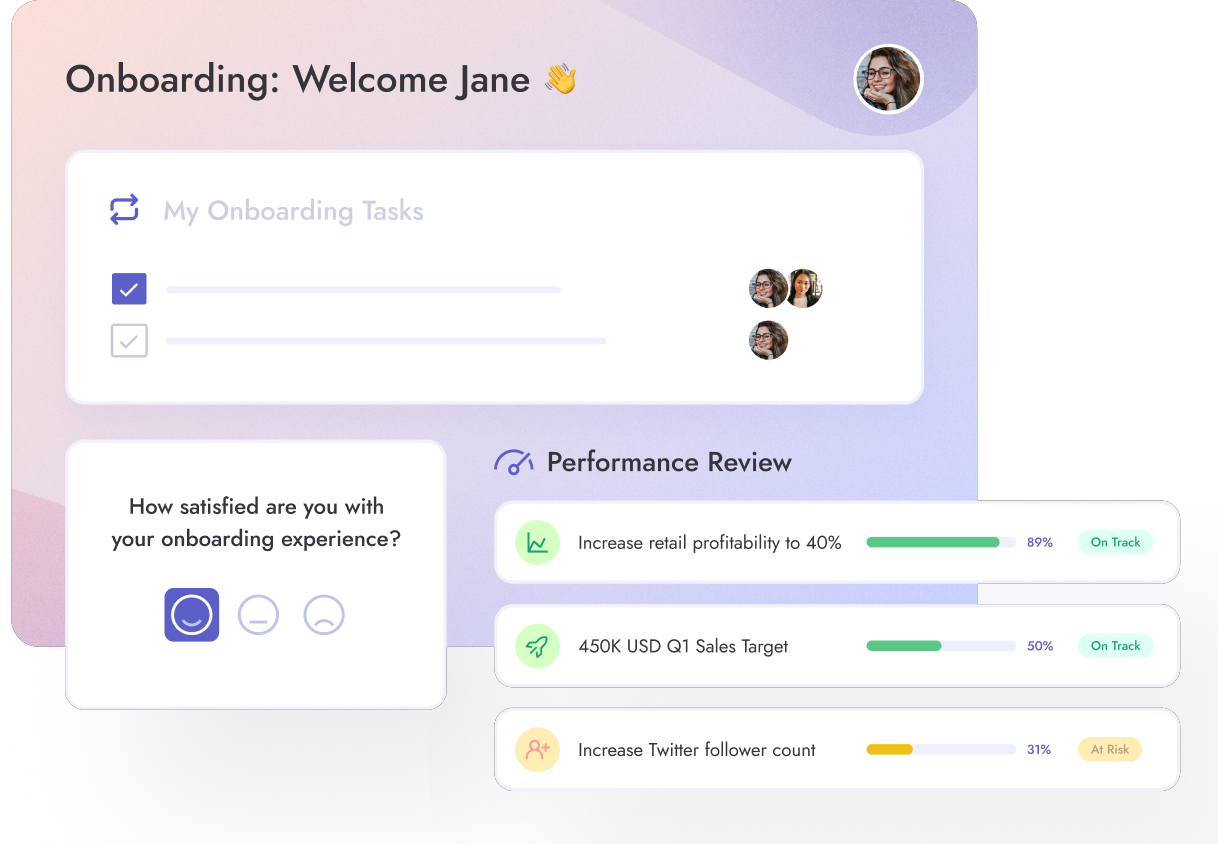Well… The millennials have done it again! They’ve gone and killed employee loyalty! The whole concept!
Millennials put the final nail in the coffin of employee loyalty the same way Limb Bizkit destroyed rock music in the 2000s. Or at least that is what some human resources professionals might have you believe.
After a rough 2023, dealing with issues such as recruiting Gen-Z or the resurgence of quiet quitting, the outrage over the so-called death of employee loyalty is now stronger than ever:
“These snowflakes don’t want to put their noses on the grindstone!”
“Nobody is holding down the same steady job for 5 years now!”
“They don’t have patience for internal mobility!”
“Kids these days leave their jobs the second they get another opportunity!
Do we really need to keep the list going? We are certain that you are already experiencing some dreadful black & white flashbacks to your problematic uncle’s big rant last Thanksgiving.
All jokes and witty remarks aside, employee loyalty is a fascinating point of discussion. Not only has it come a long way over the years, but it has also kept evolving.
The way we define loyalty in relation to a job or a certain company can’t be expected to stay the same forever.
So today, we discuss the fluid definition of employee loyalty, and answer the following questions:
- Is employee loyalty dead?
- Why are employees less loyal now?
- Is it really so bad to have independent employees?
- How to foster employee loyalty?
While some of the questions we are tackling in this article may be more traditional compared to the others, we do believe that they all contribute to the discussion in their own way. So without further ado, let’s dive right in!
Table of Contents
Is Employee Loyalty Dead?
Too long, don’t want to read: No. Do you want a more nuanced answer? It’s complicated. Allow us to explain.
When we discuss the so-called “Death of Employee Loyalty”, the question we really have to answer is, “What is employee loyalty?”.
We aren’t talking about a dictionary definition of employee loyalty. We are talking about what that concept used to mean and what it means now. A volatile and fluid definition.
Employee Loyalty 1.0
In a more traditional, old-fashioned sense of the word, employee loyalty is a matter of longevity.
To put it simply, employees who exhibit loyalty stay with a company for an extended period, demonstrating their commitment and dedication by investing their time and skills in the organization’s success.
This particular understanding of employee loyalty is akin to a steadfast marriage, with unwavering commitment and long-term dedication to a single employer. It was all about the employee sticking around for years, no matter what.
This employee loyalty definition, sadly, is either dead or on its last legs. So what does employee loyalty look like to the modern employee?
Employee Loyalty 2.0
Nowadays, career paths are more fluid, and individuals are less inclined to stick with one company for their entire working lives. And guess what? That’s not necessarily a bad thing.
With the advent of new technologies, remote work, and an array of enticing career options, employees are expanding their horizons and spreading their wings.
The common employee loyalty definition, centered on unwavering allegiance to a single employer, may no longer be practical or even desirable in the current landscape.
The modern definition of loyalty is less about blind allegiance and more about mutual trust, respect, and a shared vision between employees and employers.
It’s about creating a mutually beneficial relationship where both parties benefit and grow together.
This definition of employee loyalty is still alive and well!
Why Are Employees Are Less Loyal Now?
In the past, it was common for employees to stay with the same company for their entire careers. But those days are long gone.
Today, employees are more mobile than ever before, and they are more likely to change jobs if they find a better opportunity.
There are a number of reasons why employees are less loyal now:
The job market is more competitive than ever before. With so many jobs available, employees have more options, and they are less likely to feel tied to any one company.
Another reason why employees are less loyal is that workplace expectations have changed. In the past, employees were expected to be loyal to their employers, even if they were not happy with their jobs.
But today, employees expect to be treated with respect and to have opportunities for growth and development. If their employers do not meet these expectations, they are more likely to leave.
Some employees simply do not trust their employers. In the wake of corporate scandals and layoffs, many employees have lost faith in the idea of job security. They are more likely to focus on their own careers and move on if they find a better opportunity.
So, what does all of this mean for employers? It means that they need to find new ways to attract and retain employees.
They need to offer competitive salaries and benefits, and they need to create a workplace culture that is based on trust and respect. If they can do these things, they will be more likely to build a loyal workforce.
Here are some specific examples of why employees are less loyal now:
- Increased job mobility: The internet has made it easier for employees to find new jobs, and they are no longer tied to their local communities.
- Changing workplace expectations: Employees today expect more from their employers, such as flexible work arrangements, opportunities for growth and development, and a strong company culture.
- Lack of trust in employers: Employees are less likely to trust their employers, due to corporate scandals and layoffs.
- Gig economy: We would never have thought we would say this but in today’s world, a steady paycheck might be a bit overrated. With the multitude of incredible remote working tools available, freelance work has actually become a viable option.
At the end of the day, employees are far more independent now than ever, even before, during, or after their employment. Is that so bad? Let’s talk about it.
The Advantages of Independent Employees

Some employers who have worked through both concepts of employee loyalty can often get bothered by the sense of independence that employees often develop.
An employee being independent is unthinkable under employee loyalty 1.0. After all, the mentality of “Keep your head down and keep going.” doesn’t really apply to the workforce, does it?
We are here to tell you that having employees who have a strong sense of independence is actually a blessing in disguise. How? Well…
The common misconception is that independent employees are ones who already have their foot out the door.
But on the contrary, these individuals often tend to exhibit a sense of self-motivation, autonomy, and a drive to excel in their roles. Let’s explore the benefits that come with having independent employees.
1. Innovation & Creativity
Independent employees tend to think outside the box and bring fresh perspectives to the table. Their autonomy allows them to explore new ideas, take calculated risks, and propose innovative solutions to challenges.
When an organization fosters independence, it can tap into the creative potential of its workforce, leading to enhanced problem-solving and innovative practices.
2. Ownership & Accountability
Independent employees take ownership of their work and hold themselves accountable for their outcomes.
They have a strong sense of responsibility towards their roles and understand the impact of their contributions on the organization’s success.
3. Self-Motivation & Initiative
Independent employees are inherently self-driven and take the initiative to excel in their work. They don’t rely solely on external motivation or constant supervision to deliver results.
They own their goals. They own their agendas and when the time comes to act, they can take the necessary initiative.
Strategies To Foster Employee Loyalty!

Now that we’ve gone over employee loyalty definitions, outdated and relevant, and discussed the benefits that come with having independent employees, let’s talk about some of the ways you can foster loyalty in the workplace.
1. Foster a Culture of Empowerment: Invest in Your Employees
The modern employee isn’t just content with having a job. And honestly, good for them! Gone are the days of blind gratitude just for the privilege of simply being a part of the company.
Your employees are more invested in their own personal journey than the companies. And they have every right to be!
In order to foster a culture of empowerment and loyalty in employees you need to make sure they know that you are investing in their personal career journey as well. You can do this through:
- Giving your employees leadership opportunities.
- Having room for upwards mobility.
- Providing opportunities for training and growth.
2. Give Them A Reason To Be Loyal: Competitive Salary and Benefits
Here is a statement that you can take to the bank: Nobody works a 9 to 5 job just for the sake of working it. Don’t let anybody convince you otherwise.
While your employees may like a great many things about your organization the main reason they are there is to earn a decent living. Most of the time, the curious case of disappearing workplace loyalty, is just a simple issue of lackluster pay.
3. Make a Good First Impression: Level Up Your Onboarding Game
First impressions, last. If your employees make up their minds about your organization during the onboarding process, it will be nigh impossible to change them.
So you should make sure you are creating a great first impression. The best way to do that is through an effective onboarding process.
Onboarding new hires is easier said than done. While there are many helpful employee onboarding templates you can follow, the best possible tool to help you onboard new employees is:
Employee Onboarding Software: Teamflect
Teamflect is the best onboarding software for Microsoft Teams and one of your closest allies in the battle against employee turnover rates.
As an all-in-one performance management system, Teamflect doesn’t just support your employees through the onboarding process but at all times. With empowering features such as:
- Automated onboarding tasks.
- Customizable recognition badges.
- Employee feedback templates.
- Task management.
- And so much more!
Teamflect is an incredibly powerful tool that will help you boost staff loyalty. The best part is, Teamflect’s free plan offers full functionality for up to 10 users with no time limits.
This means you can demo Teamflect out for as long as you need and if you’re happy with the results, then you can invest in it!



